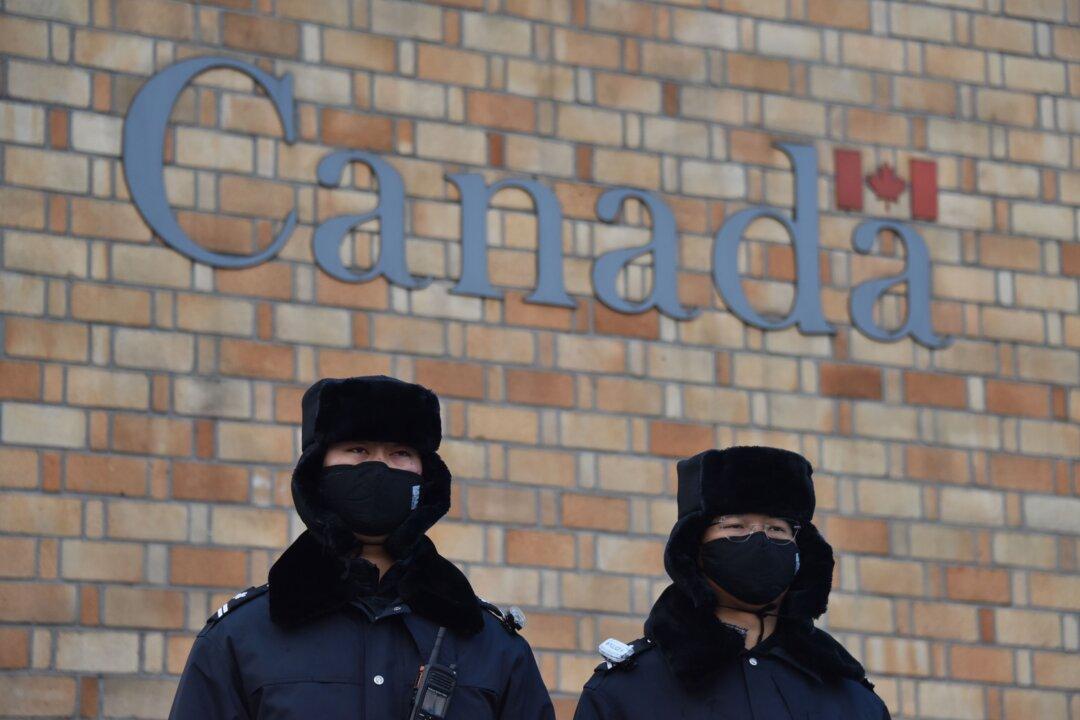Canada continues to provide millions in foreign aid to communist China despite a deteriorating bilateral relationship and calls from MPs to cut financial support to the regime.
According to the most recent Statistical Report on International Assistance presented to Parliament, Canada allocated a total of $7.59 million to China during the fiscal year 2021-2022, with Global Affairs Canada contributing the majority at $5.6 million, as first reported by Blacklock’s Reporter.





